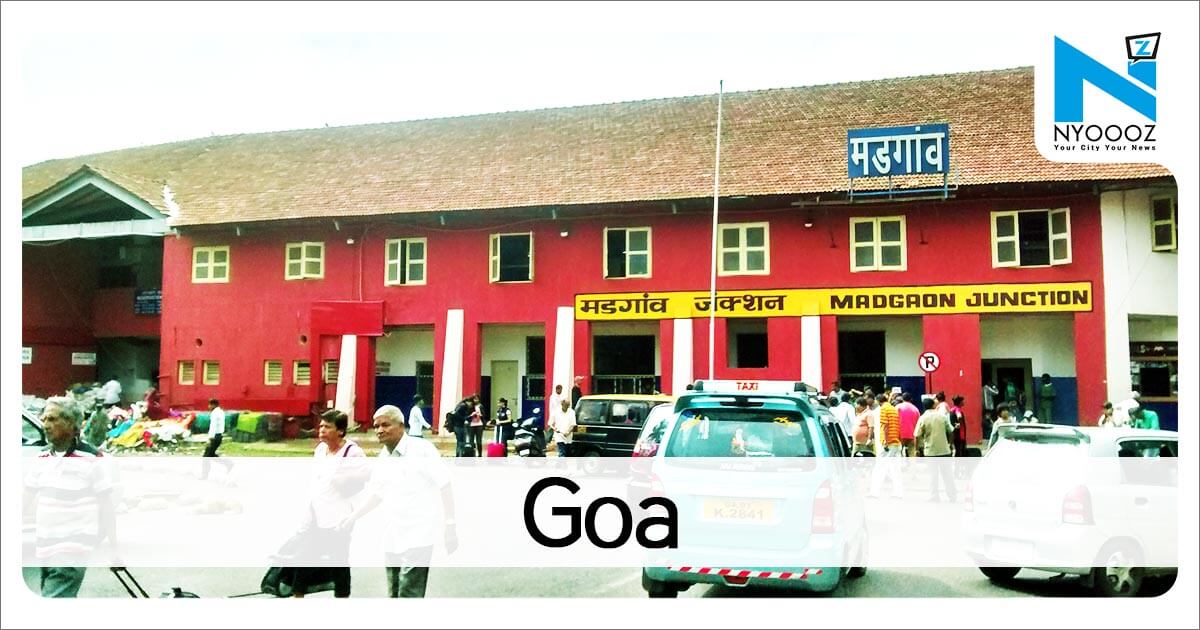
“While manure and neem cakes are still used by many farmers, vermicompost is a better organic soil enricher,” he said. For this, farmers have to get the nutrient content of the compost tested before venturing into sale. We can also list the composition of the soil if the farmers request so that they can display the nutrient content on the label,” said ICAR-CCARI, director, E Chakurkar. The Eisenia Foetida earthworms, used specially for vermicomposting, are also supplied by the dealers. “I use kitchen waste as well as farm waste such as dry leaves,” he says.

If You Like This Story, Support NYOOOZ
Your support to NYOOOZ will help us to continue create and publish news for and from smaller cities, which also need equal voice as much as citizens living in bigger cities have through mainstream media organizations.
Stay updated with all the Latest Goa headlines here. For more exclusive & live news updates from all around India, stay connected with NYOOOZ.









